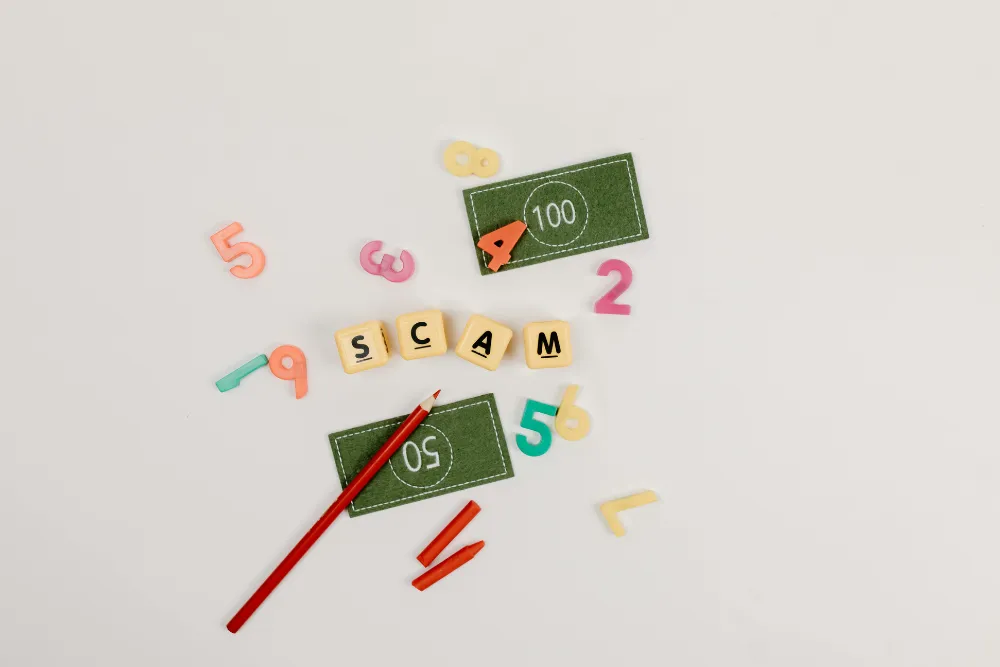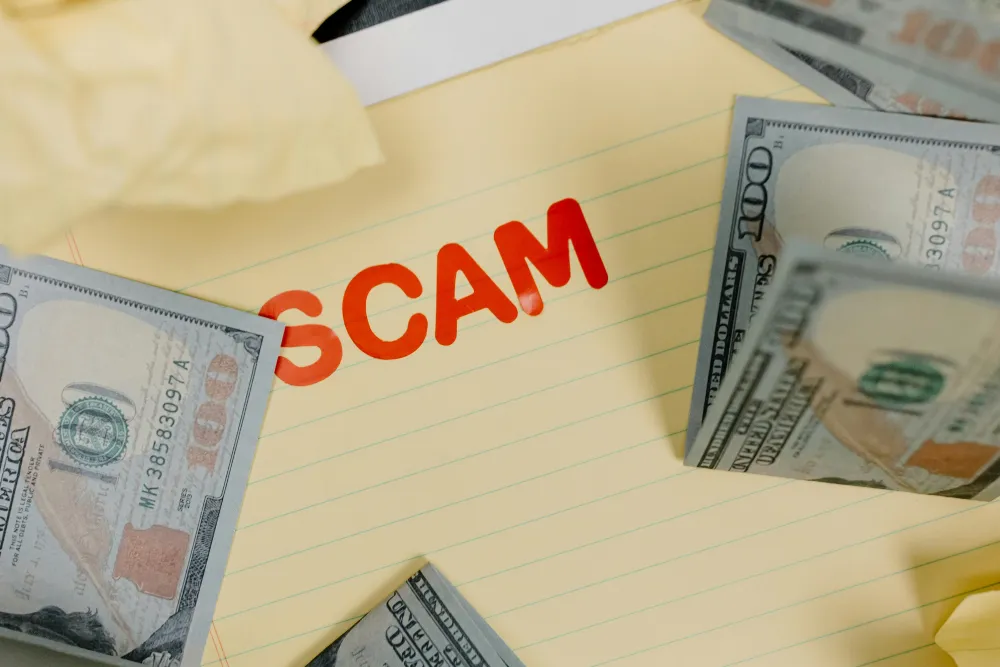This is a complete guide on property taxes in Philadelphia for those who own homes and people who want to buy homes.
Paying your taxes is one of the most important things you can do as a property owner. In Philadelphia, real estate taxes are particularly essential since they help pay for schools, community projects, and other services in the neighbourhood. You need to know how much property taxes are in Philadelphia if you want to make smart money choices. This is true for everyone, whether you want to buy your first home, have owned property for a long time, or just want to invest.
If you’re exploring Philadelphia Real Estate Taxes, you may also be curious about careers in real estate. Many professionals enter the field not only to understand property ownership better but also to guide clients through taxes, buying, and selling homes. If you’ve ever wondered, ‘Is real estate a good career?’, learning about local taxes is a valuable first step in building the knowledge you’ll need.
How much property tax do you have to pay if you live in Philadelphia?

Every year, people who own property in Philadelphia have to pay taxes on it. The Office of Property Assessment (OPA) can tell you how much your property is worth if you wish to sell it on the open market.
You can utilise these taxes to help pay for a multitude of things, such schools, parks, libraries, the police and fire departments, and more. The money you pay in property taxes in Philadelphia goes directly to making the city better and making life better for everyone.
How to find out how much a house costs
First, the city figures out how much your home is worth. Then it informs you how much you owe in taxes on your property. This is usually based on what the property has to offer, how much similar properties have sold for in the past, and how the market is changing.
There are houses in your area that are like yours.
The price of a house that is being assessed is not always the same as what you paid for it or what it is listed for on the market. Even if you paid $250,000 for your house, the OPA can tell you that it is worth $230,000. You need to find out how much property tax you owe right now.
Correct The current Philadelphia Real Estate Taxes is
In 2025, the Philadelphia Real Estate Taxes will be 1.3998% of the property’s value. To help you:
- If your house is worth $200,000, you would have to pay about $2,799 in taxes each year.
- You would have to pay around $6,999 in taxes every year if your house is worth $500,000.
- Just like homeowners look for tax credits and deductions to save money, investors are also finding new ways to grow wealth online. Many now explore digital real estate—websites, domain names, and virtual properties—as another way to generate income. If you’ve been asking, ‘How to make money investing in digital real estate?’, it follows the same idea: finding smart opportunities to maximize returns.
Things That Are Important and Things That Aren’t
Philadelphia Real Estate Taxes are fantastic because they support a lot of people in numerous ways. You can use these to borrow money or save money. People like these things the most:
1. Not having to pay for Homestead
Your property taxes will be lower if you qualify for the Homestead Exemption. If you live in Philadelphia as your main home in 2025, you can lower the taxable value of your property by $80,000.
The Homestead Exemption will only tax you on $120,000 if your home is worth $200,000. You will save over $1,100 a year.
2. The Longtime Owner Occupants Programme (LOOP)
This programme helps people who have lived in their homes for a long time and are now paying a lot more in Philadelphia Real Estate Taxes because their homes were appraised. If you’ve been in your house for at than ten years and your taxes go up a lot, LOOP might be able to help you save money.
3. People beyond a certain age don’t have to pay taxes.
The tax freeze plan could be able to help you if you are a senior citizen with a consistent income. Even if the value of your home goes up, your Philadelphia Real Estate Taxes won’t.
4. It’s less expensive to manufacture new items or fix things that are broken.
Philadelphia Real Estate Taxes decreases taxes on new buildings and significant repairs. For the next ten years, investors and builders won’t have to pay taxes on the section of their property they are cleaning up.
Just as Philadelphia offers programs to help residents manage high property taxes with confidence, aspiring agents also need the right guidance to succeed in their careers. If you’re planning to enter the field, learning how to prepare for the real estate practice exam with confidence is an essential first step.
How to Pay Your Property Taxes in Philadelphia
- It isn’t too hard to pay your property taxes, but you should do it on time so you don’t have to pay more.
- You have until March 31 to pay your Philadelphia Real Estate Taxes of the time.
- You can pay your taxes in person, by mail, or online through the Philadelphia Real Estate Taxes Department of Revenue.
- If you pay your taxes before the end of February, you will save money.
- If you don’t pay on time, you could get a fine, have to pay interest, or even lose your home.
- You may set up reminders or recurring payments to help you remain on track.
Taxes on property and investments

While taxes can affect profits for Philadelphia Real Estate Taxes agents often balance these challenges by building strong client relationships. A professional image plays a big role in that success—so knowing how to find modern real estate business card design ideas can help agents stand out in a competitive market.
For instance, the buyer can save a lot of money on taxes if the building’s value goes up because of the 10-year abatement. You should also think about how much money you could make by buying a historic building in Philadelphia, which includes the Philadelphia Real Estate Taxes.
The taxes on the Philadelphia property are a concern.
Philadelphia’s tax system isn’t ideal, just like in other big cities. These things happen all the time:
Reassessments: The OPA goes back to communities where property values are going up, and a lot of people suddenly have to pay more in taxes.
Exemptions that don’t make sense: Even though they are helpful, you might not be able to find the programmes.
People are scared to get what they want. Some individuals claim that taxes hurt people with lower incomes more than others because they might not be able to keep up with rising costs.
The city is still cleaning up and giving people the information they need to make decisions.
How to Pay Your Property Taxes
Here are some strategies to minimise your Philadelphia Real Estate Taxes if you own a home or invest in Philadelphia:
- You should apply for the Homestead Exemption as soon as you can if you match the conditions.
- See if LOOP or tax breaks for seniors can help.
- You should check for reassessments and file an appeal if you think your home is worth more than it is.
- Set aside money each month so you can pay your payments on schedule.
- If you own more than one property or don’t know how much you owe, you should consult to a tax expert.
- Just like planning ahead can make tax time less stressful, preparation is also the key to career success. If you’re entering the industry, learning how to prepare for the Georgia real estate exam in 2025 ensures you’re ready to start strong and avoid surprises.
What Will Happen to Property Taxes in Philadelphia in the Future

Philadelphia will constantly adjust its tax policy in the future to make sure it has enough money and that people can still afford to live there. Property prices are going up in several towns, yet a lot of people are still talking about changing the tax system.
The city could also create new schemes to help more individuals buy their own homes. This is especially significant for older people and people who have lived in the same spot for a long time and are likely to lose their houses. Philadelphia Real Estate Taxes has to build more homes and lower taxes in order to get better. There will still be a number of methods for people to make money.
Do Philadelphia real estate taxes change every year?
They can. Property assessments and tax rates are reviewed periodically, which may increase or decrease your bill. Homeowners should stay updated on reassessments and monitor city announcements regarding tax rate adjustments.
What happens if I don’t pay my real estate taxes?
Unpaid taxes lead to penalties, interest, and eventually tax liens. In serious cases, the city can start foreclosure proceedings. Setting up a payment plan helps avoid these legal and financial consequences.
Are real estate taxes different for commercial properties in Philadelphia?
Yes. Commercial properties are subject to the same base tax rate, but they often have higher assessed values and fewer exemptions, which can make the overall tax burden more significant compared to residential properties.
Can out-of-state investors qualify for Philadelphia tax relief programs?
Most relief programs, like the Homestead Exemption, require owner occupancy. Out-of-state investors generally don’t qualify, but they can benefit from abatements on new construction or renovations if they meet city requirements.
In the end,
You have to pay property taxes if you want to buy a house or Philadelphia Real Estate Taxes. It could be challenging to comprehend the system, but it would be a lot easier if you learned how to pay on time, use exemptions, and how assessments function.
One of the best ways to safeguard your investment and plan for the future is to learn about Philadelphia Real Estate Taxes. This is especially true if you’re buying your first home, keeping your family’s home, or putting money into new developments.
If you take advantage of the opportunity that come your way, you may help Philadelphia Real Estate Taxes and do well while still paying your taxes.
